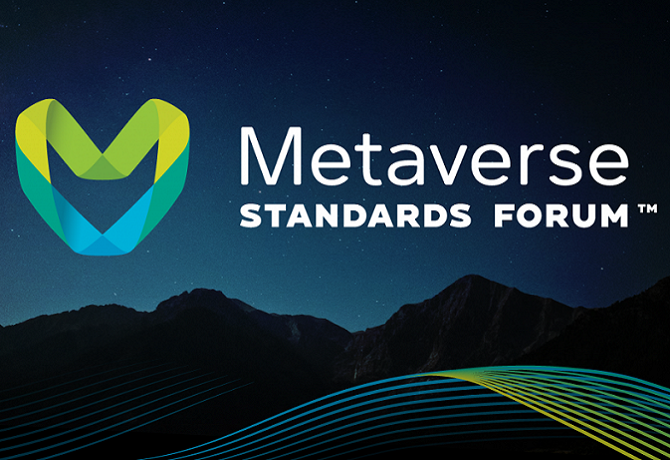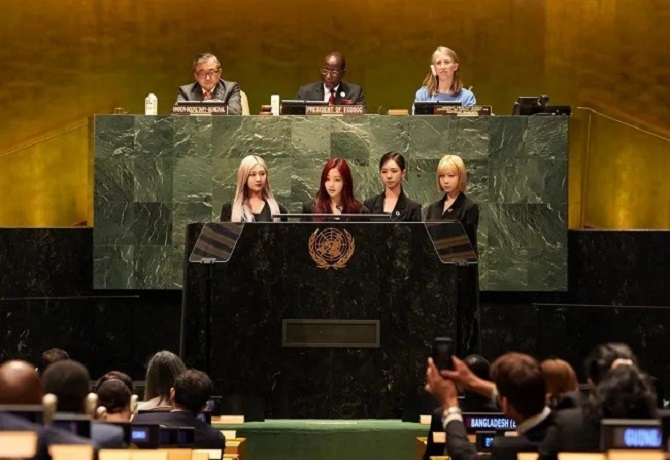Microsoft, Meta, and 34 other companies and organizations have assembled a standards forum for “metaverse” tech. The Metaverse Standards Forum is meant to foster open, interoperable standards for augmented and virtual reality, geospatial, and 3D tech. Founding members include 0xSenses, Academy Software Foundation, Adobe, Alibaba, Autodesk, Avataar, Blackshark.ai, CalConnect, Cesium, Daly Realism, Disguise, the Enosema Foundation, Epic Games, the Express Language Foundation, Huawei, IKEA, John Peddie Research, Khronos, Lamina1, Maxon, Meta, Microsoft, NVIDIA, OpenAR Cloud, the Open Geospatial Consortium, Otoy, Perey Research and Consulting, Qualcomm Technologies, Ribose, Sony Interactive Entertainment, Spatial Web Foundation, Unity, VerseMaker, Wayfair, the Web3D Consortium, the World Wide Web Consortium, and the XR Association (XRA). Membership is still free and open to any organization.
The Metaverse Standards Forum will concentrate on “pragmatic, action-based projects” like hackathons and prototyping tools for sustaining common standards. It’s also interested in inventing “consistent terminology” for the space – where many players can’t settle on what a “metaverse” is. Nick Statt of Protocol points out, that there’s no sign of Apple, which is toiling on VR and AR tech. Niantic and Roblox, which have made early strides in mixing games and virtual worlds, are also absent. More members may enter the forum after the group begins functioning.
“Industry leaders have stated that the potential of the metaverse will be best realized if it is built on a foundation of open standards,” the group says in a press release. “Building an open and inclusive metaverse at pervasive scale will demand a constellation of open interoperability standards.”
The “metaverse” is a catch-all term for virtual worlds, VR, and AR, and many of its subfields already have standards bodies, some of which have joined the Metaverse Standards Forum. Open standards don’t necessarily mean companies will construct “the metaverse” as an interlinked space like the World Wide Web. (Epic describes its game Fortnite as a self-contained metaverse, for instance.) Open standards could positively make it more manageable for developers to create the same content for different platforms or users to export data from one service to another.
As the companies explore the metaverse technology stack in 2022, what role will the web play in achieving the “interoperability” that so many of the forum’s member companies claim they want? Companies like Meta and Microsoft became thriving platforms because of the web, yet the likes of Epic Games and Unity have essentially built their businesses on non-web technologies. It just seems reasonable that every company is going to evolve, rather than trying to create something completely new. The forum presents an interest in formalizing “metaverse” development as a unified field. It indicates which companies are most interested in creating accepted standards for it – or at the very least, which ones want to be perceived as advocating these standards. Hence, the Metaverse Standards Forum is more likely to support the evolution of the web as the spatial web will require new protocols and new asset formats.



